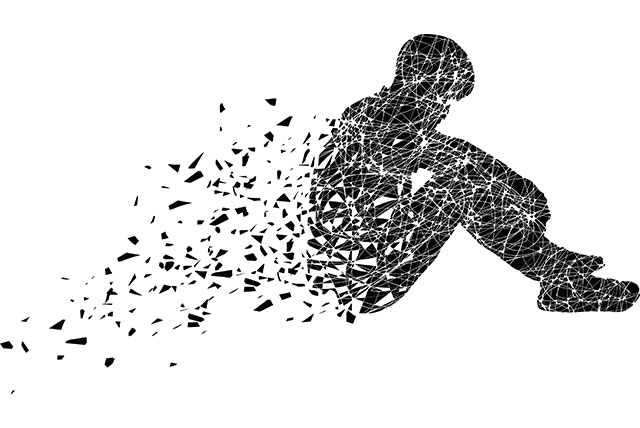There is no doubt that we live in a time in which the subjective as ascended and the objective has descended in priority and importance. All around us is a world filled with the definition of preference -- from the way we set up our smart phones to the way we shop to the way we see ourselves and even define gender. Marriages tend to fail not because of great moral failure as much as people who simply tire of being married (it is not fun anymore). The married choose not to have children because they fear children will be more work than fun (got that right) and they don't want to impede their happiness -- even with children. We go to work where work is fun and we look for another job when work is no longer fun (God forbid we might have to work simply for the paycheck). We wait our whole lives for the moment when we can retire and live only for ourselves (as if we have lived solely for others before we retire). Yet, for all the so-called happiness we live for and for the heavy focus on what we want and like, we seem to be less happy than those who had big families, worked far harder and longer than we, and lived lives more defined by others than themselves. We are depressed and find it hard to want to do anything.
I was reading the story of one person's battle with depression and he insisted that one of the paths to his healing was to distrust his subjective experience -- to dethrone the god of pleasure, want, and desire. After all, in the life he was living, nothing ever “sounded like fun” (that’s the nature of depression) and so he began to look beyond what things sounded like and past his immediate wants or desires and force himself to do things he did not want to do. In the end, he discovered that looking beyond the realm of his subjective experience and desire was the release to the prison of depression that had even cause his hospitalization.
In another article, the author said that depression tended to be shown in an abundance of sentences that began with I think, I feel, or I want (or do not want). This author, a therapeutic counselor to those depressed, also noticed an abundance of expressions that included words like never or always. These absolutes tended to inflate and exaggerate the negative feelings and only compound their impact in stealing ever semblance of joy or contentment.
The life turned inward is not a full or free life but one in which bondage to feelings and the search for happiness empties the soul and does not fill it. Yet this is the epidemic we face as a world abandons an external and objective truth in favor of feelings and desires and a flexible value systems that does not filter or judge either except to excuse, justify, and elevate them as the supreme focus of life.
This is not without application to the faith. Christian faith which turns from the objective of Christ incarnate, crucified, and risen and to the realm of feelings and experience is a faith emptied of its power and promise to the hurting and to those living in the shadow of death. If faith is to offer our world any real hope, it must begin with the confrontation of the subjective and the affirmation of the objective, with the surrender of our lives and our stories to the one life and one story that has the power to redeem our lost lives and restore the right relationship with our blessed Creator through the merits and mercies of His Son, our Savior. This work is the work of the Spirit, to make Christ known and to teach our fearful hearts to turn away from the dead end of introspection and to the path of trust in Christ alone.
Christianity does not begin nor does it end with the preoccupation with of the inner life. The
Christian faith begins with the objective truth of the death and resurrection of Christ. That
transcendent reality is both a point in history and time attested to by the testimony of witnesses and the point of faith born of the witness of the Spirit to things we have not seen and yet believe. Regardless of our subjective questions, feelings, and experience, the concrete
reality of Christ’s death and resurrection remains. This is where hope and healing begin.

Excellent! True psychotherapy
ReplyDeleteOne of the best articles, one of many, but this hit the heart of the matter. We are inherently self obsessed and we should be more focused on Our Lord instead. John 3:30, one of my favorite verses, declares "He must increase, but I must decrease." John the Baptist got it right.
ReplyDeleteI read this and it rang true in my life situation. My wife left me not because I wasn't a good husband, but manipulation through the "friends" who are all happy now. This is truly a Godless world we live in...
ReplyDelete